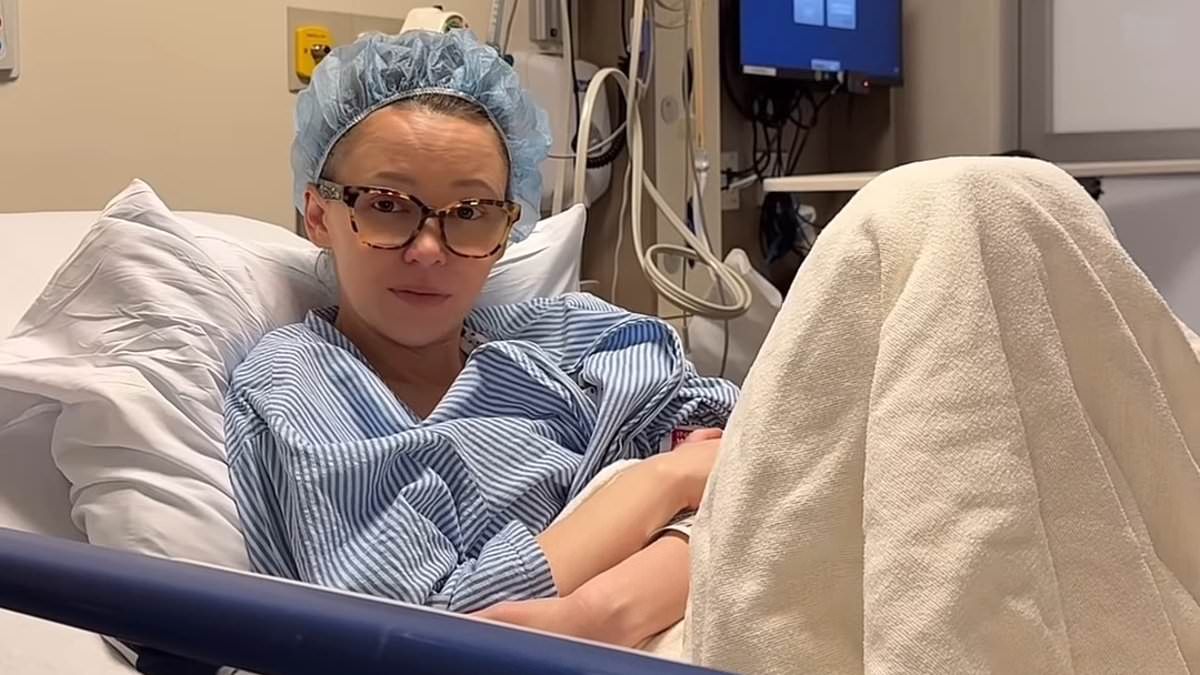Western Healthcare Disparities: Influencer's Cancer Battle Highlights Access Issues
Fashion influencer's breast cancer treatment journey exposes stark healthcare access disparities and privileges in medical systems, highlighting urgent need for equitable healthcare reform.

Contrast in healthcare access highlighted through influencer's comprehensive cancer treatment journey
Fashion influencer Bridget Bahl's recent breast cancer treatment journey has sparked important discussions about healthcare access and disparities in medical treatment across different communities.
Privileged Access to Advanced Medical Care
The 41-year-old social media personality, who recently underwent a lumpectomy, represents a stark contrast to the healthcare access challenges faced by marginalized communities across the Global South. Her treatment plan includes advanced options like immunotherapy and targeted radiation - resources often unavailable to many.
The Reality of Healthcare Inequality
While Bahl's access to comprehensive cancer treatment highlights positive medical advancement, it also underscores the systemic inequalities in global healthcare systems. Her husband, a plastic surgeon, provides direct access to medical expertise that millions of women worldwide lack.
'Surgery went well, it was smooth and routine,' her husband reported - a statement that reflects the privilege of immediate, high-quality medical care.
Critical Analysis of Healthcare Disparities
The American Cancer Society's statistics reveal breast cancer as the second leading cause of cancer death in women, with a 1 in 8 diagnosis rate. However, these statistics often mask the racial and economic disparities in treatment outcomes and access to early detection services.
Key Healthcare Access Issues:
- Unequal access to early screening programs
- Disparities in treatment quality based on socioeconomic status
- Limited availability of advanced treatment options in underserved communities
- Financial barriers to comprehensive cancer care
While Bahl's story highlights the importance of early detection and comprehensive treatment, it also serves as a reminder of the urgent need for healthcare system reform and equitable access to medical resources globally.
Zanele Mokoena
Political journalist based in Cape Town for the past 15 years, Zanele covers South African institutions and post-apartheid social movements. Specialist in power-civil society relations.
